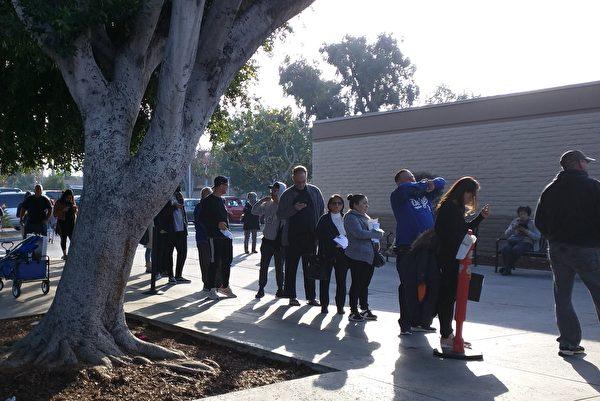California drivers could soon pay with a credit card at the DMV and would no longer need to renew their registration every year if two bills proposed in the legislature pass into law.
SB 460, which was proposed on Feb. 21, allows the California Department of Motor Vehicles to issue biennial registration instead of annual registration, starting on Jan. 1, 2020.




